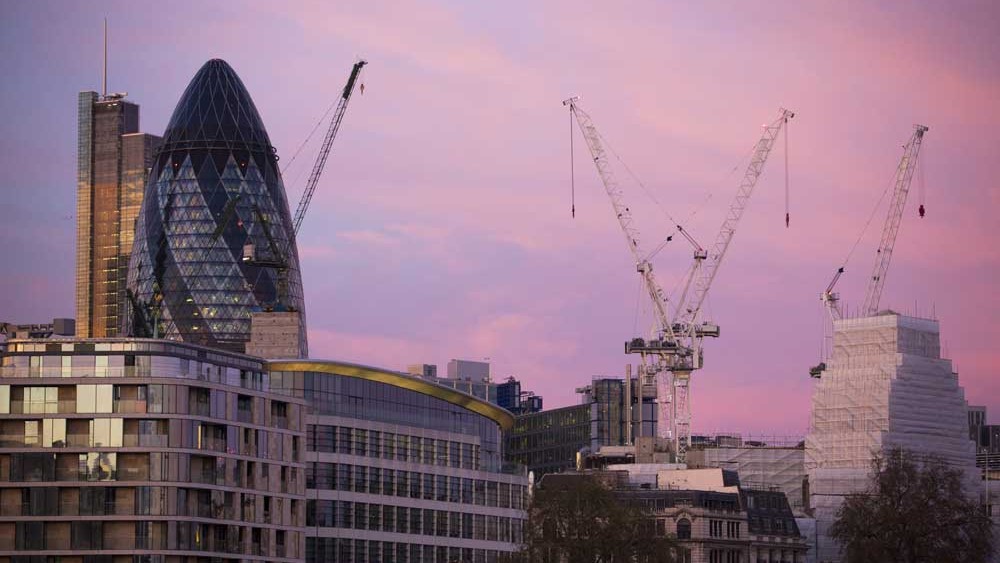There are endless articles online about where and what property you should buy in London. Yet whatever way you look at it, it’s London. Everything within a 10 mile radius is always in vogue. Aside from the constantly shifting fads of upcoming areas and hot spots, property will only become unfashionable in London when London itself becomes unfashionable, and only a Black Swan event could unpick London as the jewel in the UK’s property crown.
I’m still stunned by buyers who tell me that their property – a lop-sided, damp ridden “studio” sat above a kebab shop at the back end of a tube line – is excellent value, but they often turn out to be right. This isLondon, and as long as you have the right digits at the start of a postcode, you’re probably going to reap a hefty rental from it.
That’s not to say that everything a property investor touches in London turns to gold. Far from it. Even without a Zombie outbreak in Dalston, experience has taught me that there are properties that aren’t the most lucrative option available – and there are others I’d advise our clients not to touch with a barge pole.
The best house on the worst street
Whatever the Estate Agent tries to tell you about the beautiful bathroom and shuttered windows, in my opinion the best house on the worst street in a neighbourhood will never be as good an investment as the worst house on the best street. Feel free to flock to the trendiest upcoming area if you want to, but stay savvy to what the area is currently like, too, and not just its potential.
Just because it has a trendy bar with barrels for chairs and a fixie bike chained to every railing, that doesn’t mean you should go leaping in to buy that gorgeous period property on an otherwise run-down street and expect a guaranteed return.
Quaint and quirky
Quirky is great on the front of a box of handmade fudge or artfully distressed writing desk, but when it comes to property investment, it’s basically another word for un-mortgageable. A client of ours recently wanted to buy a lovely twee cottage which so happened to be next to a pub. Unfortunately, the bank valuer didn’t see anything cute or quaint about it and gave it a big fat £0 value. Why? Unsuitable security.
Derelicte, it’s so hot right now
Buy a ruin and fix it up, such a rewarding exercise. What could go wrong?
Firstly, there’s the actual purchase. You can’t get a mortgage on a property that isn’t fit to be a dwelling. No bathroom? No mortgage. No roof? No mortgage. That’s where you start to look at alternatives. If there’s no wad of cash under the bed or a sizeable sum in the bank, that usually means a bridging loan to tide you over until – if –you secure a mortgage. Then there’s the renovations, and we’re not talking a lick of paint and a new fireplace. After a year it won’t just be the building that’s in ruins, but your finances too.
We rarely see a ‘do-er up’ that hasn’t near bankrupted someone. It’s not all Homes Under the Hammer, with agents talking up the potential that they can see in what turns out to be nothing but a pile of rubble. It might occasionally be worth it, if you’re thinking of the property as your forever home, but as an investment? Forget it. Don’t make someone’s monument to what they never started be your tombstone to what couldn’t be finished.
Alternatively, if you want to find out more about financing a safer option – there are properties that banks are falling over themselves to mortgage – London Money can help with that. You might be that rare example of the banks queuing up to lend you money rather than you queueing up at banks to see if they will. But that ex-local authority – with an extra bedroom where the living room should be and a lift to the 12th floor that works only on Feb 29th – might not be so welcome. If it all goes wrong, the bank will want to sell the property quickly, so don’t underestimate what they will and won’t lend against. It could save you a fortune in the long run – not to mention your sanity.


Comments are closed.